Retail Isn’t Dead: How the Internet of Things Will Revolutionize CRE
Shoppers are increasingly interested in what they can’t get out of e-commerce–experiential retail–and brick-and-mortar stores are being completely turned around as a result.
By Vishu Ramanathan
 Everyone in commercial real estate knows retail is today’s most exciting asset class. Malls are closing their doors from coast to coast, and behemoths like Amazon and Walmart have taken out entire categories of independent retail, but hope is not lost for retailers and their investors. Shoppers are increasingly interested in what they can’t get out of e-commerce–experiential retail–and brick-and-mortar stores are being completely turned around as a result.
Everyone in commercial real estate knows retail is today’s most exciting asset class. Malls are closing their doors from coast to coast, and behemoths like Amazon and Walmart have taken out entire categories of independent retail, but hope is not lost for retailers and their investors. Shoppers are increasingly interested in what they can’t get out of e-commerce–experiential retail–and brick-and-mortar stores are being completely turned around as a result.
Some brands’ retail strategies have begun to look more like brand marketing and less like attempts to actually sell products. In REI stores, you can go rock climbing. A Restoration Hardware store in an upscale Chicago neighborhood treats furniture shopping like a luxury retreat complete with cocktails. But is this strategy actually working? It may be. REI’s revenue grew by 5.5 percent in 2016 and a recent report showed Restoration Hardware’s first-quarter sales did even better than expected.
ROI
As an entrepreneur, I always think in terms of ROI. You can’t waste time and money on something that’s not going to give you a return. So, how is experiential retail going to hold its place? In the long run, how can retailers with these business models drive more sales to support marketing-driven experiential locations?
The key to monetization is data, and soon, retailers will be able to effortlessly gather and utilize crucial customer behavior data through the (horribly named) Internet of Things. You can already monitor everything someone does online including every page visit, time spent lingering and mouse twitch. Imagine if you could do the same in a store. You almost can. Thanks to an amazing combination of ubiquitous sensors, artificial intelligence and programmable hardware, the line between virtual and physical is blurring.
Amazon Go created a completely automatic purchase process–the ultimate convenience for customers–by eliminating checkout lines with the help of sensors and camera-based tracking. Customers can browse, select items and simply walk out of the store, resulting in a more efficient customer experience because the store is watching their every move and keeping track of what they keep with them and what they put back on the shelves.
Now imagine if these sensors and cameras also kept track of not just the items we bought in-store, but the ones we considered buying and didn’t follow through with. A retailer could detect issues with that product or re-merchandise it and make it more appealing to customers, boosting its sales. And beyond that, the entire layout of a store could be optimized for customer shopping patterns and scientifically merchandised with the help of that data, much like a website is optimized for traffic––complete with related product recommendations based on yours and others’ shopping history.
Cameras and sensors combined with predictive technology applications and autonomous delivery vehicles will also monitor items sold and automatically replenish appropriate inventory. Retailers know that one overwhelming logistical pain point for them (and their customers who want a product now) is maintaining the right inventory based on consumer demand. With smarter tech, stores will never run out of the items customers want the most or be stuck with a surplus of less popular items.
In a few short years, brands will not only be luring customers into experiential stores, but measuring our proclivities to tweak their stores and products to our subtlest needs, even the ones we didn’t know we had. Retail CRE is ripe for a complete Internet of Things revolution, and I’m ready and excited for that future. Are you?
Vishu Ramanathan is CEO of Buildout, the leading end-to-end marketing software for commercial real estate. He founded the company in 2012 with fellow software developer Jason Tillery. His background is in software development where he specializes in bridging complex business problems with people and technology to form a solution. Before founding Buildout, Ramanathan spent 10 years with Business Logic, now Next Capital, and working as an independent software developer in industries with sophisticated problems like finance, logistics and trade regulation.

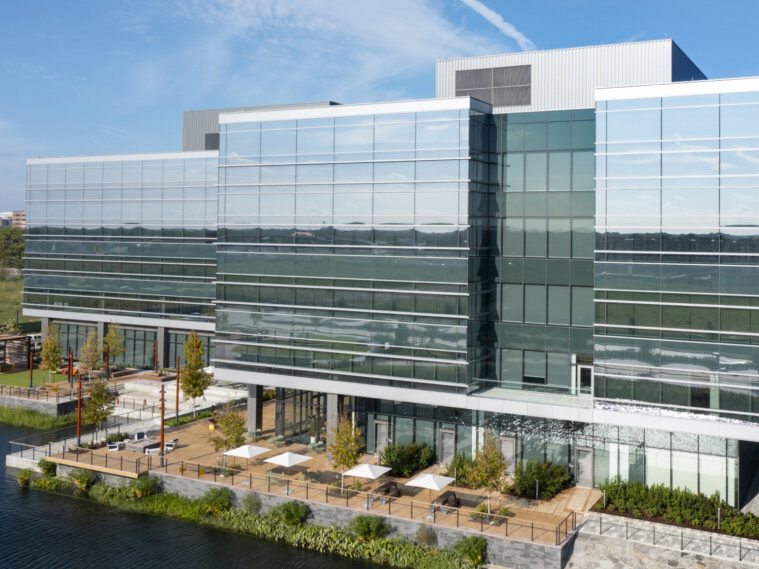
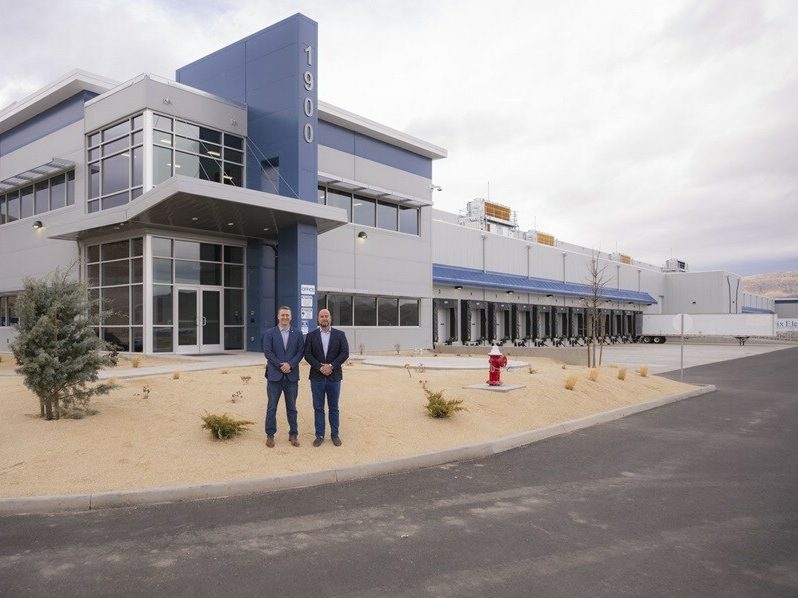
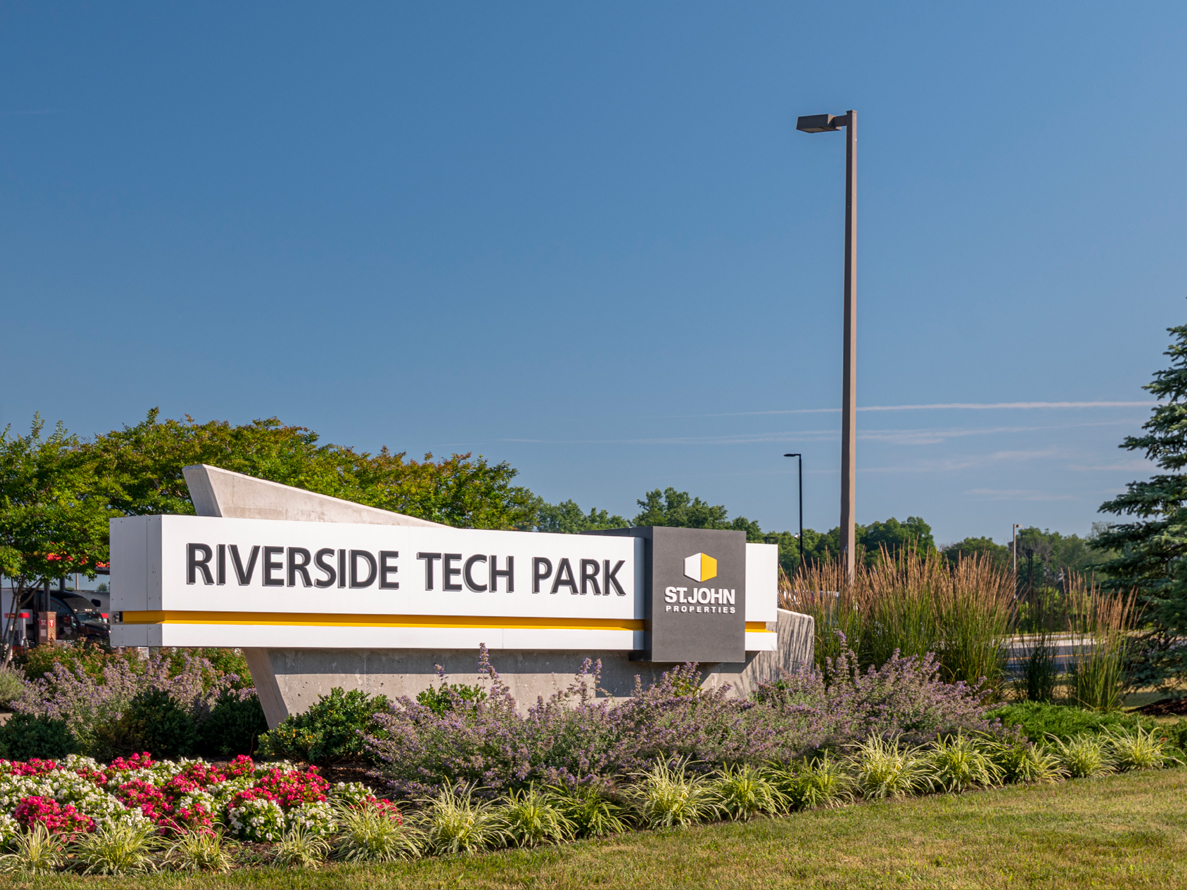
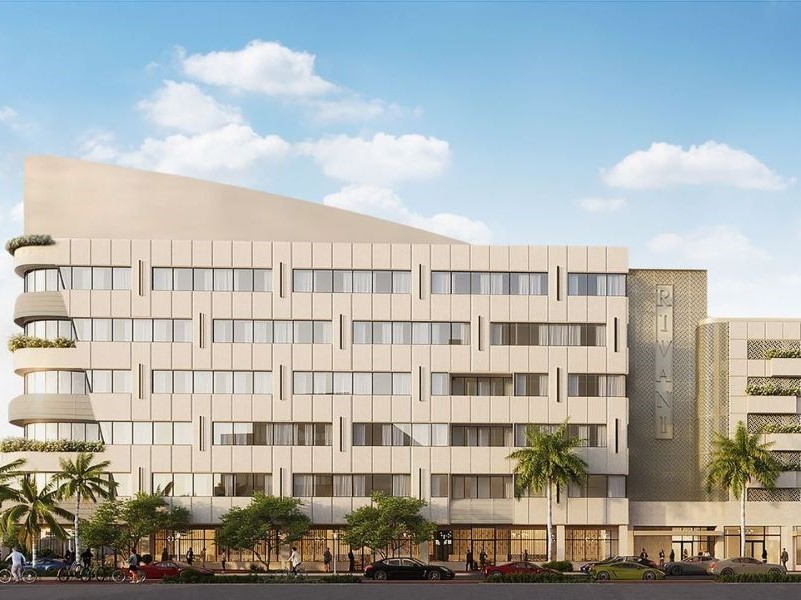
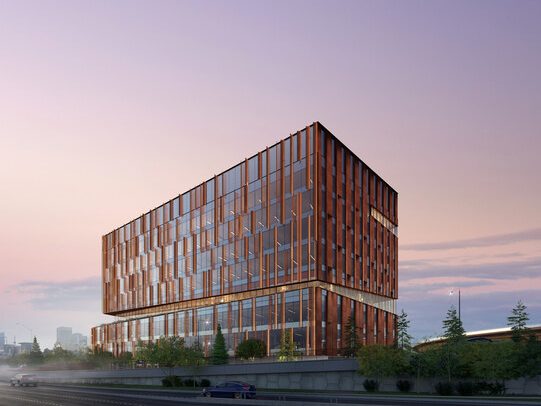
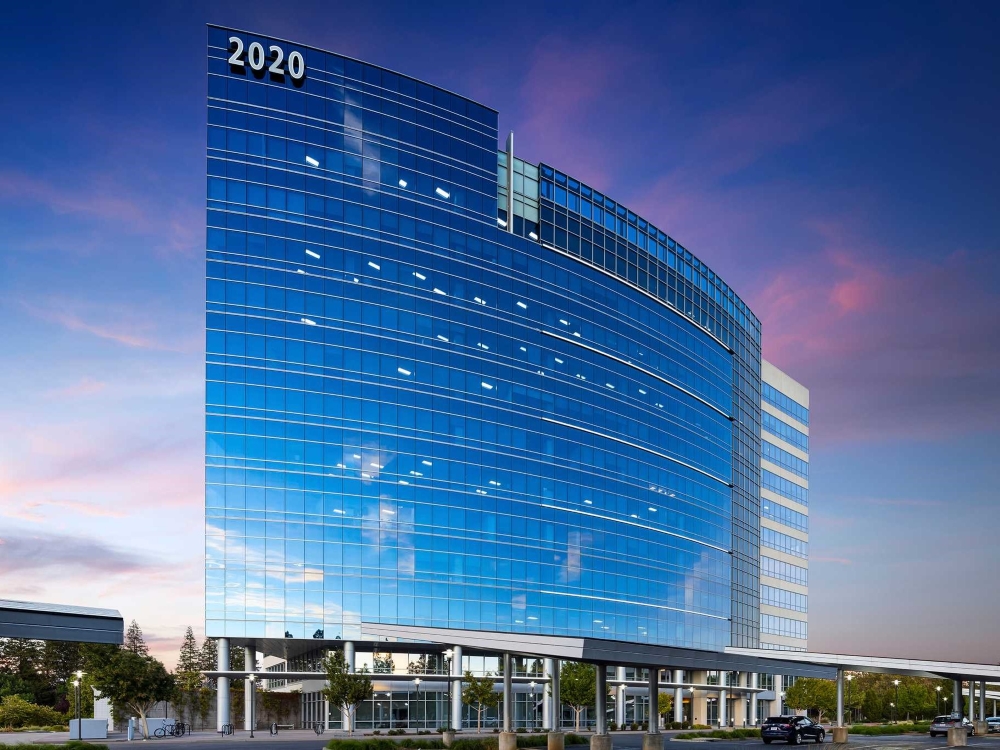
You must be logged in to post a comment.